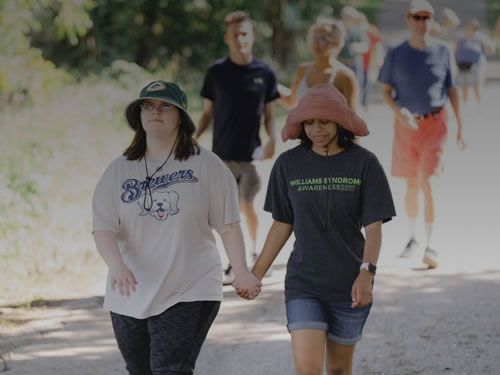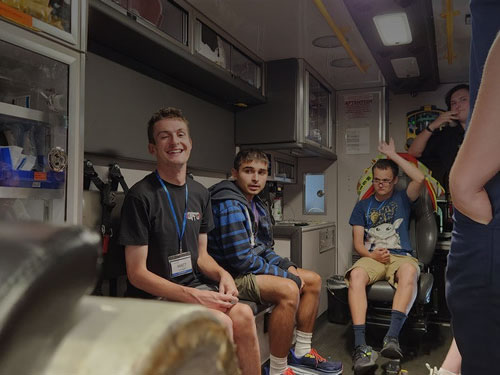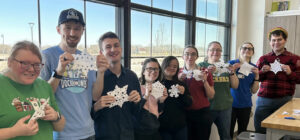Welcome to Journey21
Journey21 was founded in 2021 with a mission to provide safe, supportive, and enriching living and learning options for adults with intellectual or developmental disabilities (IDD) in Waukesha County and surrounding communities. Our vision is a day when every adult with IDD has accessible, meaningful opportunities for education, employment skill development, social activities, and can live independently in the home of their choice.
What We Have To Offer

Belonging and Connection
Daily programs where individuals feel welcomed, engaged, supported, and inspired to learn and grow.

Learning for Independence
Guided education and real-world skills for young adults and lifelong learners.

Exploration and Joy
Enrichment that encourages learning, friendship, and belonging—through community events, seasonal outings, and social clubs.

